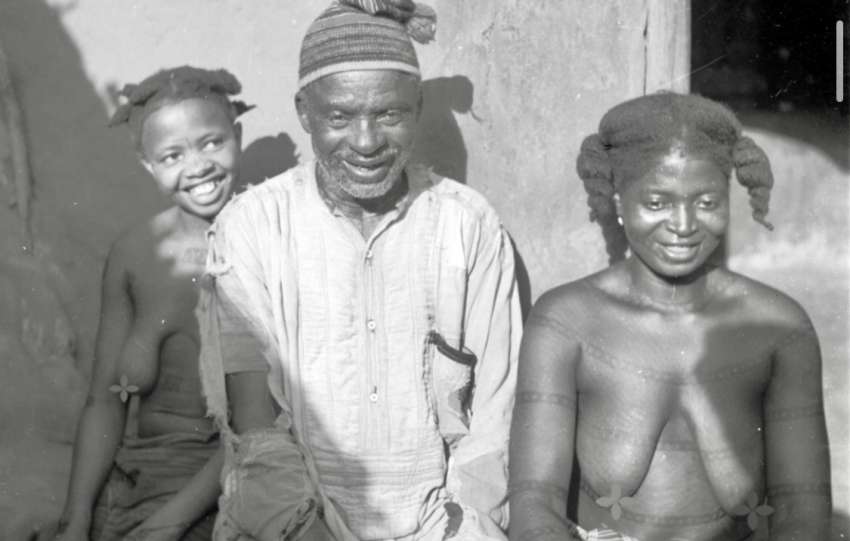Igbo and English. Dmitri van den Bersselaar (1997) "Creating 'Union Ibo': Missionaries and the Igbo Language"
The Igbo language, despite being one of the major languages of Nigeria, has faced significant challenges in establishing a strong literary tradition. Unlike Hausa and Yoruba, which have developed into widely used written and literary languages, Igbo has remained secondary…










